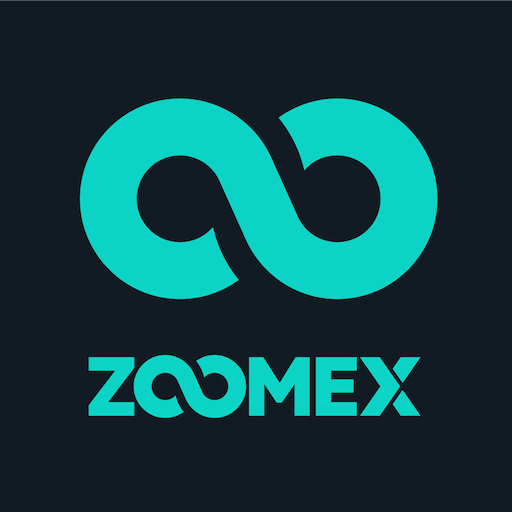Gemini Exec Says Asia’s Patchy Crypto Rules Are Clouding Growth
Key Takeaways
- Gemini’s Head of APAC Saad Ahmed told CCN that regulatory inconsistency across Southeast Asia is making it difficult for crypto firms.
- Despite Asia’s innovation and momentum, Gemini’s Ahmed believes America will remain a key influence in shaping global crypto standards.
- Ahmed identified stablecoins and RWAs as the two dominant narratives driving the next phase of crypto growth.
Southeast Asia has become one of the world’s most dynamic regions for crypto innovation, teeming with builders and users driving the next wave of Web3 adoption.
Yet this momentum comes with a caveat: regulatory inconsistency across markets makes it increasingly challenging for global firms like Gemini to operate smoothly.
Gemini, a regulated crypto exchange and custodian founded by Cameron and Tyler Winklevoss, is among the firms navigating these challenges as it expands across the Asia-Pacific region.
In an interview with CCN at Token2049, Saad Ahmed, Gemini’s Head of Asia-Pacific (APAC), said that while the region’s diversity of markets and talent has fueled rapid growth, the lack of uniform regulation remains a key obstacle to long-term scalability.
Try Our Recommended Crypto Exchanges
Sponsored
Disclosure
We sometimes use affiliate links in our content, when clicking on those we might receive a commission at no extra cost to you. By using this website you agree to our terms and conditions and privacy policy.
Fragmented Frameworks
Ahmed said Southeast Asia’s diversity of talent has created a fertile environment for growth, with local ecosystems evolving in unique directions.
“You see this proliferation of builders, more use cases, more users, more on-chain activity,” Ahmed said.
Adding: “That actually leads to better monetization and drives that feedback loop of more builders coming into the space.”
He explained that this self-reinforcing cycle, where innovation attracts talent, which drives new use cases and on-chain activity, has helped the region stand out as one of the most active crypto destinations in the world.
But the same diversity that fuels innovation also creates complexity, he said. For global exchanges like Gemini, the fragmented patchwork of regulatory approaches across Asia makes it difficult to scale operations consistently.
“There’s kind of inconsistent regulation which makes it difficult for firms like us, which are global in nature, to operate,” Ahmed noted.
“You have to go through a different process of licensing under each framework,” he added.
Global Contrast
Unlike the U.S. or the EU, where comprehensive frameworks such as MiCA are bringing a measure of uniformity, Asia’s jurisdictions continue to move at different speeds.
While Dubai, Singapore, and Hong Kong have developed clear regulatory regimes, they still differ from one another.
Ahmed said this means each country effectively operates as its own island of compliance, requiring separate applications and distinct risk frameworks.
“There’s kind of inconsistent regulation which makes it difficult for firms like us, which are global in nature, to operate,” Ahmed noted. “You have to go through a different process of licensing under each framework.”
This unevenness, he explained, makes it harder for crypto firms to scale efficiently across borders.
U.S. Impact
Despite Asia’s rapid innovation, Ahmed said the U.S. will likely play a defining role in shaping global crypto standards once it achieves regulatory clarity.
“I do think that the U.S., obviously, a pretty big impact,” he said.
“So once they have a clear regulation in place and global firms are compliant to that regulation, you will see a lot of other countries kind of taking pieces of that, or large parts, and building their own regulatory framework.”
Ahmed said that process is already underway, as several U.S. bills — including proposed stablecoin and market structure legislation — make their way through Congress.
However, he cautioned that Asia is unlikely to achieve uniformity anytime soon.
Ahmed said that due to a…
Read More: Gemini Exec Says Asia’s Patchy Crypto Rules Are Clouding Growth



